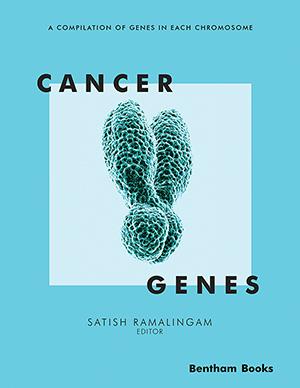Abstract
Background: CEACAM5 and CEACAM6 are glycosylphosphatidylinositol (GPI)- linked members of the carcinoembryonic antigen-related cell adhesion molecule (CEACAM) family, which are frequently upregulated in epithelial cancers where they contribute to invasion, metastasis, immune evasion, and resistance to anoikis. CT109 is a novel antibody with dual specificity to both CEACAM5 and 6.
Objective: In this study, we aimed to perform the preclinical characterization of CT109 and antibody- drug conjugate (ADCs) derivatives of CT109, focusing on CT109-SN-38.
Methods: CT109’s cognate epitope was characterized by scanning mutagenesis. CT109 specificity and internalization kinetics were assessed by immunoblot and flow cytometry, respectively. Cognate antigen expression prevalence in colorectal cancer and normal tissue arrays was determined by immunohistochemistry. CT109 conjugations were generated by the reaction of reduced CT109 cysteines with maleimide-functionalized payload linkers. In vitro cytotoxic activity of CT109 ADCs was characterized on antigen-positive and negative pancreatic ductal adenocarcinoma cell (PDAC) lines using a luminometric viability assay. In vivo efficacy of CT109-SN-38 was assessed on a PDAC tumor xenograft model at 10 and 25 mg/kg concentrations.
Results: CT109 was shown to bind a glycoepitope centered on N309. CT109 is internalized in the CEACAM5+/CEACAM6+ double-positive PDAC line, BxPC-3, with a t1/2 of 2.3 hours. CT109 ADCs elicit a dose and antigen-dependent cytotoxic effect, with CT109-SN-38 exhibiting an IC50 value of 21 nM in BxPC-3 cells. In a BxPC-3 tumor xenograft model, CT109-SN-38 reduced tumor growth and induced regression in 3/10 mice at a concentration 25 mg/kg.
Conclusions: These data suggest that further preclinical and clinical development of CT109-SN-38 is warranted.
Keywords: CEACAM6, CEACAM5, pancreatic ductal adenocarcinoma, antibody-drug conjugate, ADC, SN-38.





























